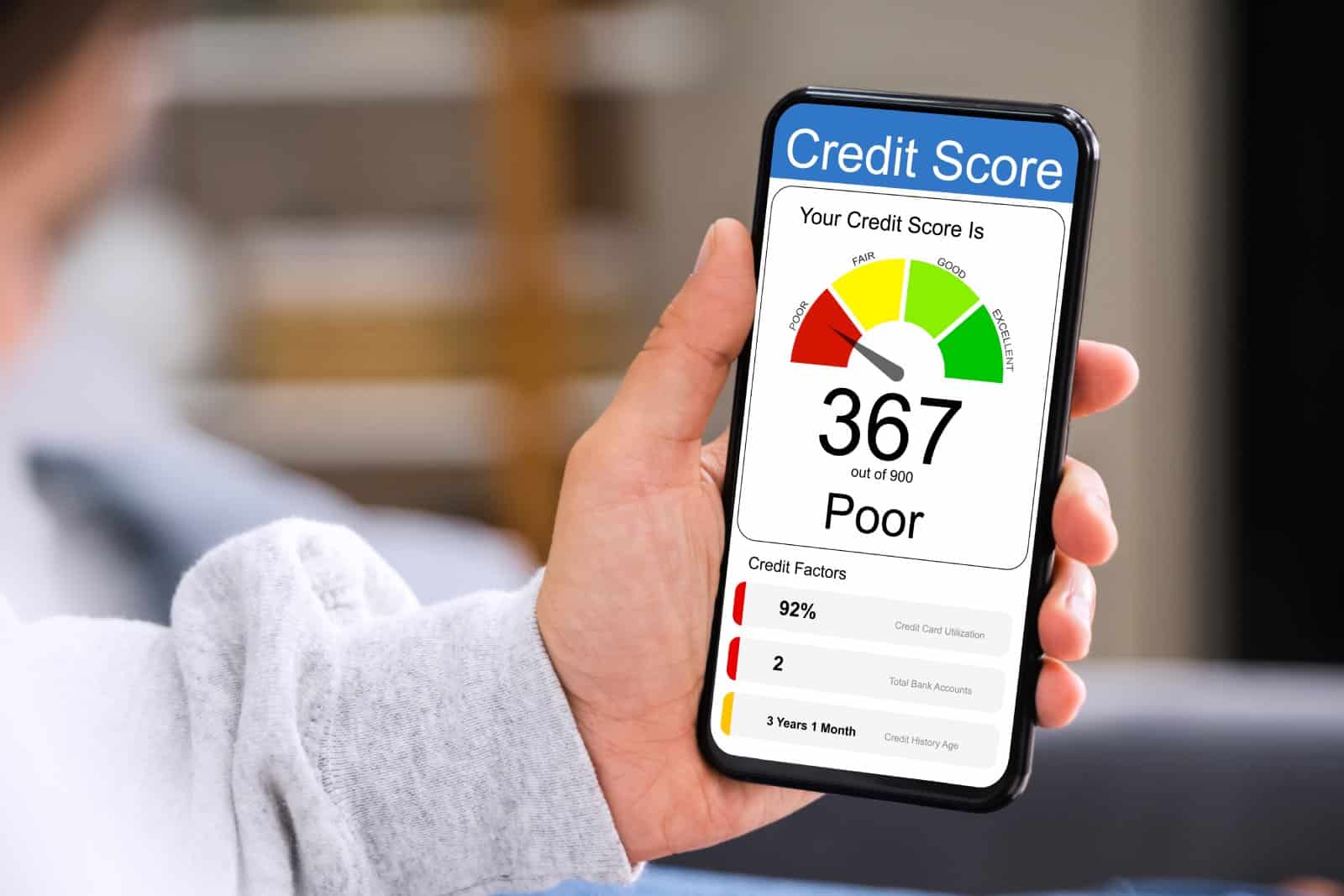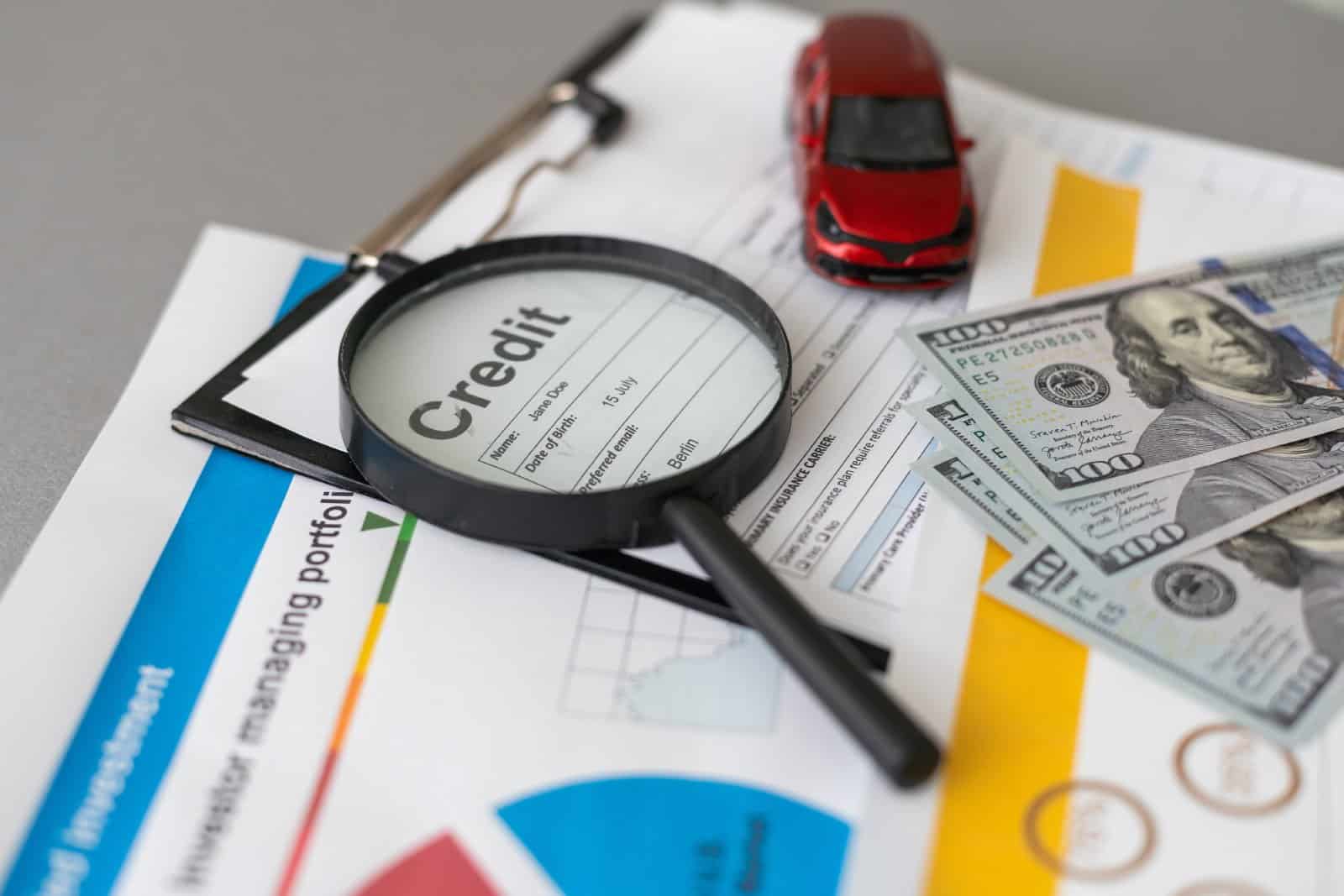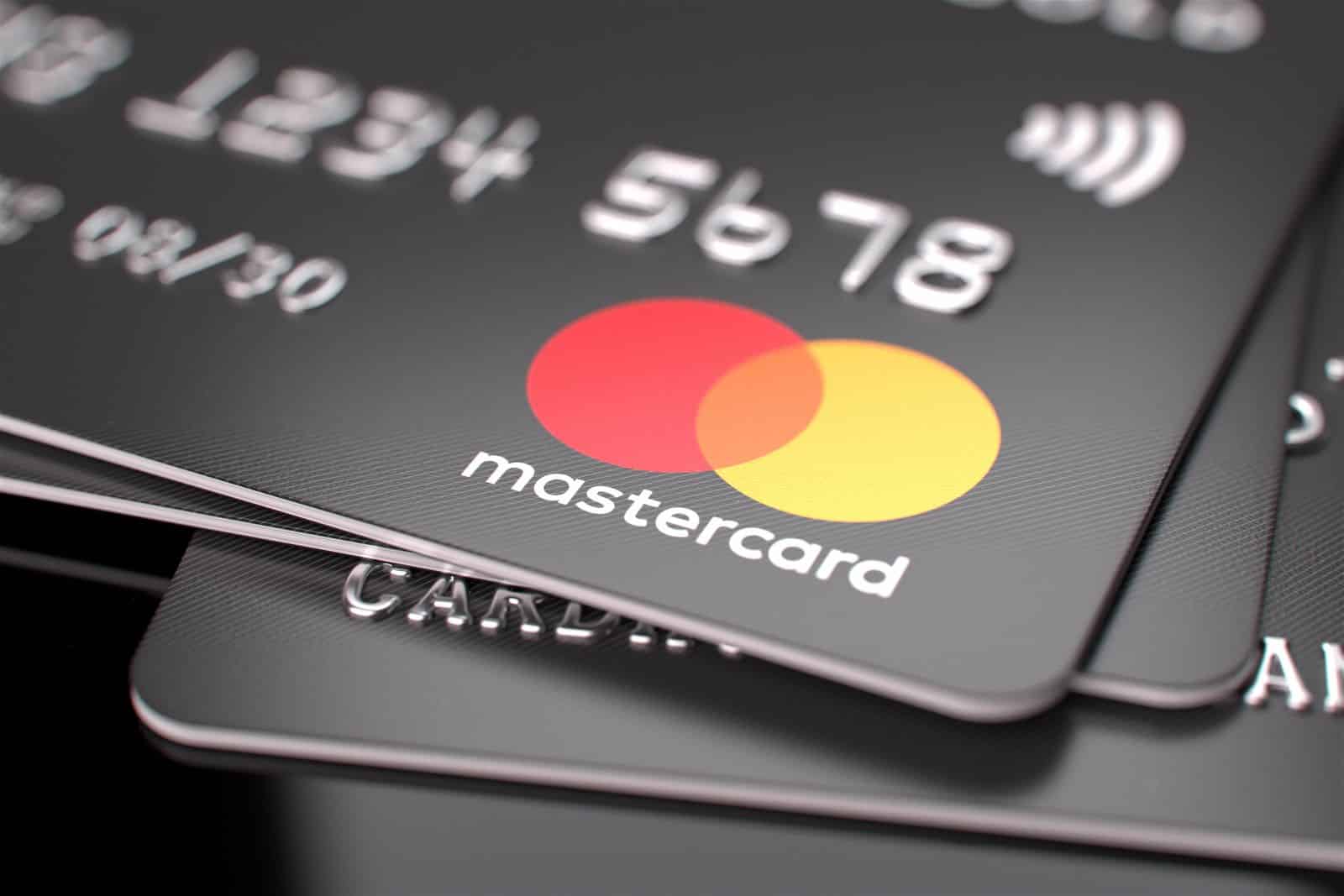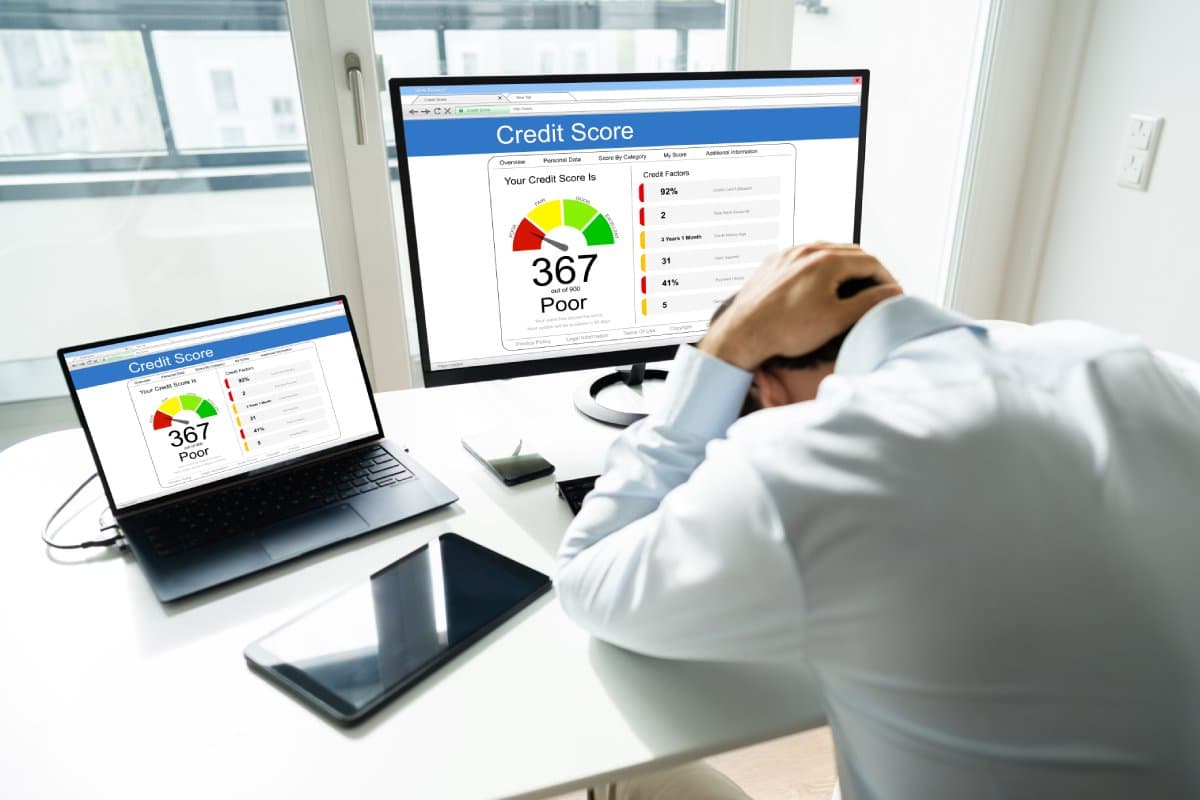Navigating the world of credit scores can feel like a game where the rules aren’t always in your favor. Ever feel like the system is stacked against you?
#1. Lack of Transparency

Credit scoring models are shrouded in secrecy, making it hard for the average person to understand what exactly affects their score.
#2. Overemphasis on Debt

Your score improves when you manage debt well but penalizes you for avoiding debt entirely, forcing many into a borrowing cycle just to build credit.
#3. High Impact of Late Payments

A single late payment can cause a significant drop in your score, with effects lingering for years, even if it was a one-time mistake.
#4. Hard Inquiries Penalize Shopping Around

Every time you apply for credit, you get a hard inquiry that dings your score, punishing those who are just trying to find the best rates.
#5. Medical Debt Weight

Medical bills can end up on your credit report and disproportionately affect your score, often through no fault of your own.
#6. Inconsistent Reporting by Lenders

Not all lenders report to all three major credit bureaus, leading to discrepancies that can affect loan approvals and interest rates.
#7. Debt Settlement Impacts

Settling a debt for less than you owe can harm your credit score, making it hard to recover even as you try to get back on track financially.
#8. Unused Credit Cards Can Hurt

Closing a credit card or not using it can negatively impact your score by affecting your credit utilization ratio and average age of accounts.
#9. Rental and Utility Payments Rarely Help

Regular payments like rent and utilities seldom boost your score but missing a payment can lead to negative reporting.
#10. Credit Utilization Penalties

High credit utilization can drop your score, yet using your credit too little might not show responsible usage, creating a catch-22.
#11. Limited Account Types

Lack of diversity in your credit accounts can keep your score lower, penalizing those who are conservative with their credit use.
#12. Age of Credit History

Younger borrowers or new credit users are at a disadvantage because their credit history isn’t long enough, even if they’re financially responsible.
#13. Disputes Are Time-Consuming and Complex

Correcting errors on your credit report is a lengthy and complicated process, often requiring significant time and effort to resolve issues.
#14. Impact of Personal Information Errors

Mistakes like incorrect names, addresses, or accounts on your credit report can unfairly lower your score and take time to correct.
#15. Co-Signing Risks

Co-signing a loan impacts your credit just as much as the primary borrower’s actions, but without the control over those actions.
#16. Identity Theft Repercussions

Recovering from identity theft can be a nightmare, with long-lasting effects on your credit score even after the issue is resolved.
#17. No Reward for Consistent Non-Credit Payments

Regular bill payments for services like cell phones or insurance don’t help your score unless they go into collections.
#18. The Catch-22 of Credit Improvement

Improving your score often means taking on more credit, which can lead to further debt—a risky cycle for those trying to get ahead.
#19. Geographic Disparities

Where you live can influence access to credit and information, impacting scores and opportunities in less visible but significant ways.
Navigate the Credit Maze

Knowing these pitfalls can empower you to take more control over your credit health. Focus on what you can manage, like paying bills on time, keeping balances low, and regularly checking your credit report for errors. With knowledge and caution, you can navigate the system more effectively and protect your financial future.
Featured Image Credit: Shutterstock / Andrey_Popov.
The content of this article is for informational purposes only and does not constitute or replace professional financial advice.
The images used are for illustrative purposes only and may not represent the actual people or places mentioned in the article.
For transparency, this content was partly developed with AI assistance and carefully curated by an experienced editor to be informative and ensure accuracy.

